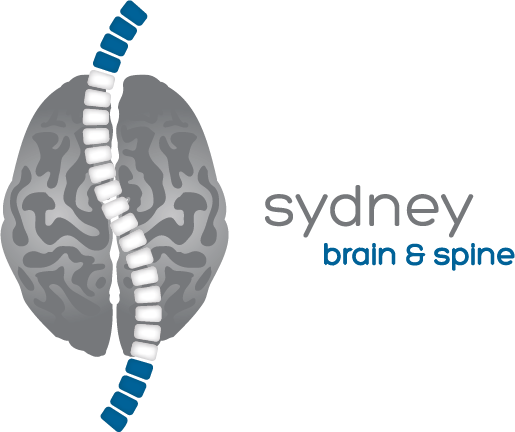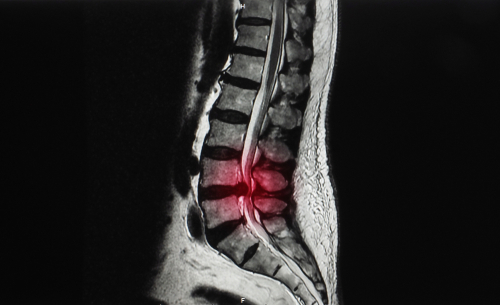Degenerative Disc Disease (DDD) is a lower back (lumbar) or neck (cervical) condition. It affects the discs located in between the vertebrae of the spine. ‘Degenerative’ is used to describe the condition of the intervertebral disc(s) affected. Degenerative disc disease is not actually a disease. It is a natural process by which the intervertebral discs of the spine change over time. This condition describes damage to the spinal discs resulting in pain through the neck or lower back, often with associated pain radiating down the arms or legs. Patients suffering from this condition often experience low-level chronic pain broken up by intermittent episodes of acute pain that can be severe and disabling.
Degenerative Disc Disease Causes
The risk of DDD increases with age. At birth, water makes up 80 percent of the discs. As we age, the discs in our spine lose water and elasticity and they do not absorb shock and movement as well as they did earlier in life. Arthritis and osteoarthritis can also contribute to its onset by placing greater pressure on the discs, increasing the risk of a rupture. Risk factors for degenerative disc disease include age, obesity, lack of exercise, trauma, family history, osteoporosis, and smoking. Sudden, acute injuries such as a fall may cause the outer layer of the disc to tear or crack, causing it to bulge, rupture or fragment. Once this has occurred, motion amongst the vertebrae can cause tension and irritation in the surrounding muscles, joints and nerves.
Degenerative Disc Disease Symptoms
Symptoms of DDD can include:
• Neck or back pain
• Radiating pain in the arms or legs
• Weakness or numbness in the arms or legs
• Pain made worse by bending, lifting or twisting.
• Pain made worse by sitting, as discs have three times more load while seated compared to standing
• Burning or tingling from the lower back and buttocks down through the legs
Some spinal degeneration occurs with normal aging and it does not always cause symptoms. The best way to prevent symptoms is to maintain a healthy, active lifestyle, perform weight-bearing exercises to maintain strong bones, and avoid smoking.
Degenerative Disc Disease Treatment Options
Surgical treatments for Degenerative Disc Disease will be recommended if pain relief medication and conservative therapy has failed. On average, 15% of lumbar disc and 30% of cervical disc conditions are not able to be treated successfully with non-surgical methods. Surgery is required in these cases.
A spinal fusion is a common surgical procedure used for treating DDD when conservative treatment has failed. The aim of this surgery is to increase the height between the vertebrae by replacing the damaged disc with an implant to correct the loss of height.
If you are suffering from acute lower back or neck pain, contact us today for a consultation with Dr Winder. Call us on +61 2 8382 6724 for all medical advice or with any questions related to your condition.

